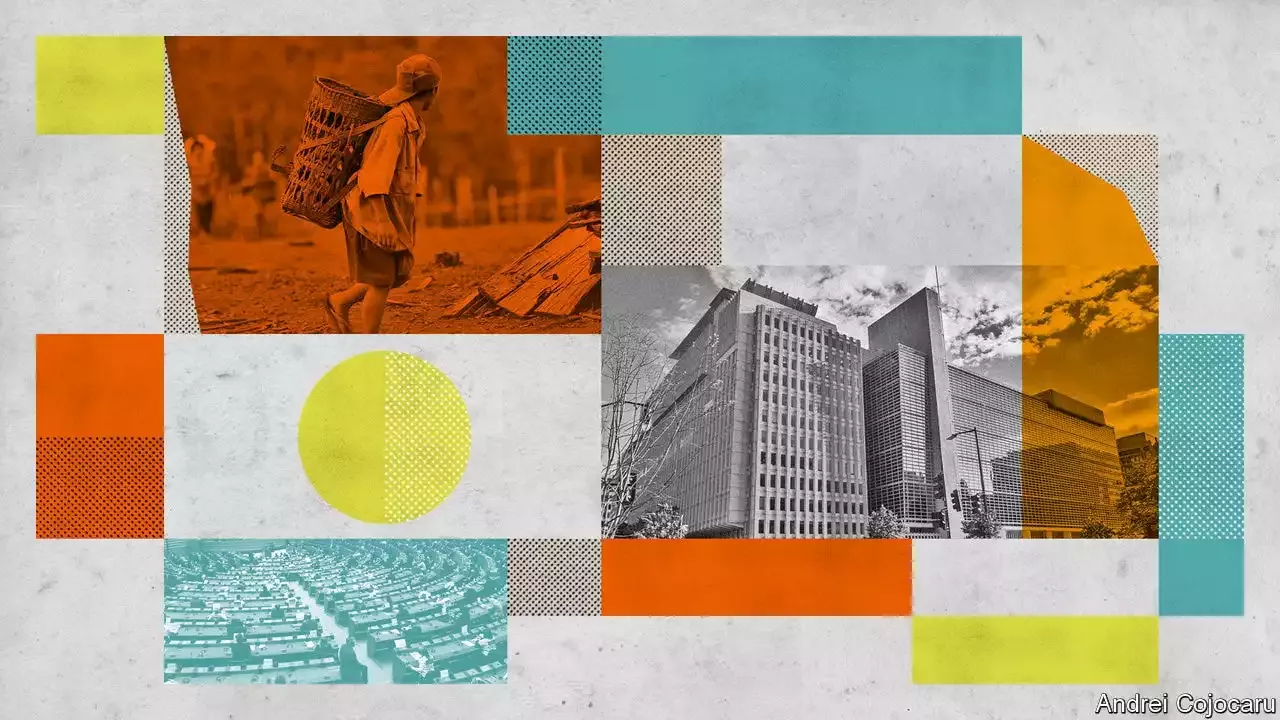Save time by listening to our audio articles as you multitaskWhatever its merits, Mr Sall’s plan stands no chance of being adopted. For one thing, rich countries are very leery indeed of paying over any money as compensation for what climate negotiations call “loss and damage”. That said, they are in principle open to paying some of the costs of low-carbon development which stops poorer countries from emitting at rich levels and for some of those countries’ adaptation costs.
A recent study found that only 1.6% of the money spent on adaptation in 2017-18 came from the private sector. That overstates the problem somewhat, because it does not take into account theprivate businesses are making to adapt their own operations. But looked at from Mr Sall’s point of view, that does not make a great deal of difference.
A partial solution is offered by insurance. Receiving enough money to rebuild after things go awry is not a great form of adaptation. But it is better than ruin without recompense; and by making the insurers sensitive to damages it gives them an incentive to help in adaptation. Insurance is being used not only to help farmers cope with the adverse weather climate change brings, but also to help governments respond to the natural disasters it exacerbates.
Blending adaptation into more conventional investments is another way to mobilise private capital. Making new infrastructure more resilient in this way tends to add only 3-10% to the cost of construction, notes Nitin Jan of the Global Centre on Adaptation. The main difficulty is helping governments with limited know-how to set and enforce the right specifications in public tenders.
Everybody knows the fight was fixed The poor stay poor, the rich get richer That's how it goes Everybody knows
Problem might be that the same countries have pumped already billions into the poorer countries, nothing arriving at the population because of corruption.
African nations can not continue to reply on the economic imperialistic leverage of the West. They shutter us with low financial values.
It is very arrogantly imperialist to suggest that a few rich countries alone have the ability to solve the world's problems - or the duty.
Crony capitalism cum Investment in every sphere.
